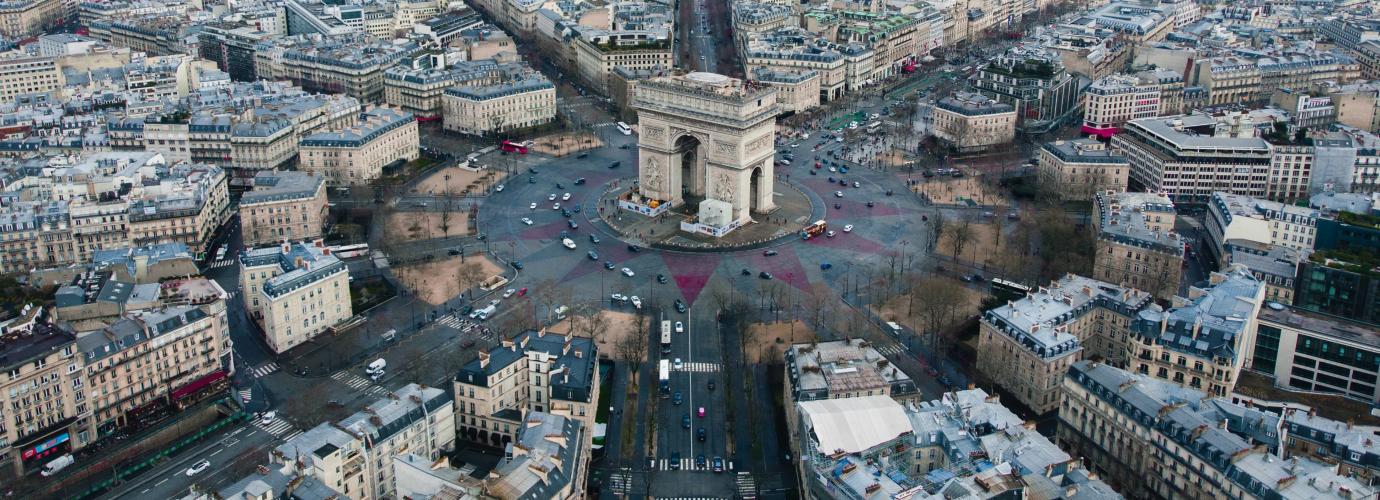Secondary education lasts 7 years, from the Sixième (ISCED 2, 11-year-old pupils) to the Terminale (ISCED 3, 18-year-old pupils). It is divided into two educational levels: lower secondary education (4 years), dispensed in collèges, and upper secondary education (3 years), dispensed in lycées.
The transition from collège to lycée is the first step in a pupil’s path to specialisation – children will continue their schooling either in a "lycée providing general and technological education" or in a "professional lycée". The class council recommends the appropriate stream to families at the end of collège, basing its recommendation on the pupil’s school reports and particular interests.
Education provided in collèges is dispensed over 4 school years and 2 educational cycles:
- 1st year or "Sixième" – consolidation cycle;
- 2nd year or "Cinquième" – furthering cycle;
- 3rd year or "Quatrième" – furthering cycle;
- 4th year or "Troisième" – furthering cycle.
Continuing on from primary school, the primary objective of a collège is to help pupils acquire the knowledge and skills of the common core of knowledge, skills and culture and prepare for his or her specialisation. The first national exam Diplôme National du Brevet (DNB - National brevet certificate) is takes place at the end of collège schooling. Passing the DNB does not condition the entry into upper secondary education (lycée).
Upper secondary education is dispensed in general and technological lycées or in professional lycées, and extends over 3 years:
Whether it is general or vocational, the lycée provides a lot of diversity in potential training paths. It leads on to higher studies or access to professional life.
Upper secondary education provides three educational paths: general, technological and professional:
- the general path prepares pupils for long-term higher studies;
- the technological path mainly prepares pupils for higher technological studies: lycée streams preparing the Brevet de technicien supérieur (BTS -Superior technician’s Certificate), the Diplôme des métiers d'art (DMA - art trade diploma), or the Diplôme universitaire de technologie (DUT - University Technological Diploma). It may also lead to longer-term studies, with students attending a class preparing for entry into a Grande École or continuing on to study for a Vocational bachelor’s degree after obtaining their BTS or DUT;
- the professional path leads mainly to active working life, but also enables students to continue their studies up to higher levels of qualification (BTS, DUT). Initial vocational training can also take the form of apprenticeship: put under contract to a company, apprentices serve internships, alternating between the company (in which they spend 60 to 75% of their time) and a Centre de formation d'apprentis (CFA - apprentice training centre). The Department of National Education, Higher Education and Research is responsible for educational monitoring of all training courses dispensed to those who have chosen this particular path to qualification.
The diploma awarded at the end of upper secondary schooling is the baccalauréat, which is both a sign of successful completion of secondary studies as well as the first Higher Education degree, access to higher studies being conditional upon its obtention. Pupils at professional lycées can also prepare for the Certificat d’aptitude professionnelle (CAP - Professional Aptitude Certificate), or the Brevet d’Études Professionnelles (BEP – Vocational studies’ certificate). While the CAP is still very much a stream in itself, from which pupils can go directly into a profession, these two diplomas are now optional in order to pass the vocational baccalauréat.
Post-secondary Non-Tertiary Education (ISCED 4) is almost non-existent in France, as the diploma sanctioning completion of higher secondary studies (ISCED 3) (the baccalauréat) is also the first degree of higher educational (ISCED 5).

